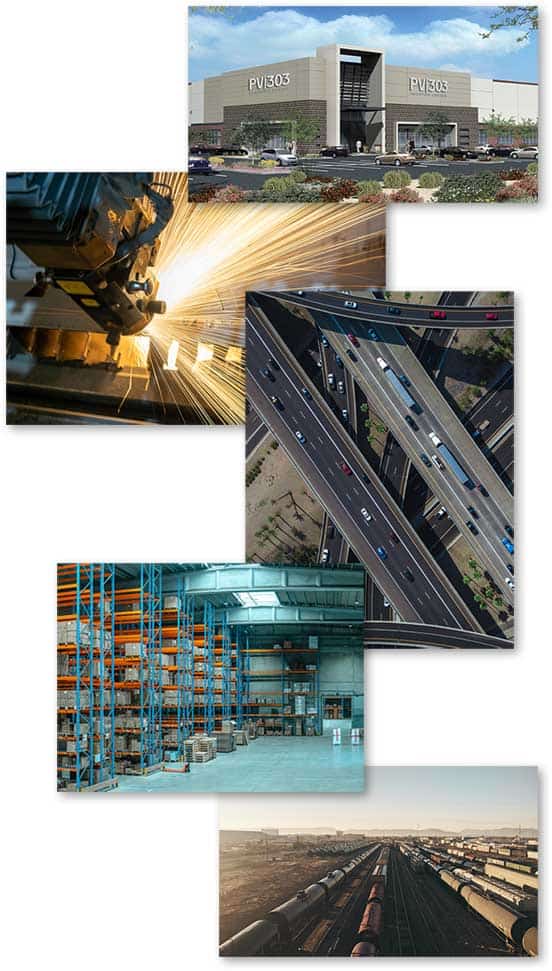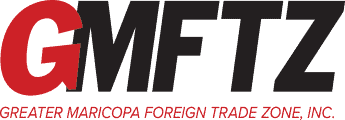Overview of Foreign Trade Zone (FTZ) Benefits
The below outlines the general benefits of the FTZ program which can be taken advantage of by operators.
-
Duty Deferral
The universal benefit available to companies locating in a foreign trade zone is the deferral of customs duties on imported merchandise. Imported merchandise is subject to duty upon entry into the US customs territory, which normally coincides with the arrival of the merchandise in the United States. Because a zone is considered outside customs territory, however, merchandise that enters a zone is not dutiable until it leaves the zone and enters domestic commerce. As long as foreign goods remain in the zone, they remain free from duty. Simply maintaining imported product inventory in a foreign trade zone enhances the user’s cash flow by delaying the time that duty must be paid.
-
No duty of re-exports
As a corollary to the duty deferral rule, imported goods that are held in a zone and subsequently re-exported are not subject to a duty at all. Companies that import and re-export merchandise, either in its original form or as components of finished products produced in a zone, receive this benefit.
-
Avoid inverted tariffs
Manufacturers or assemblers that produce completed products that are subject to an inverted tariff may find substantial savings by operating in foreign trade zones. When imported goods are admitted into a foreign trade zone, the importer generally can choose which of two tariff rates will apply to the goods by electing the status of either (a) privileged foreign merchandise, which is subject to duty according to its condition and quantity at the time of admission into the zone, or (b) nonprivileged foreign merchandise, which is dutiable at the rate that applies at the time of its transfer from the zone into the customs territory of the United States.
-
Supply Chain and MPF benefits
Weekly entry procedures, which allow a single-entry document combining zone shipping activity over a week’s period of time, are also allowed by regulation for manufacturing and distribution operations. Along with the administrative convenience, a single weekly entry is subject to the same cap of $575.35 on Customs’ MPF as any other consumption entry. The MPF is currently capped at $575.35. Companies that routinely exceed the amount of the single-entry cap over the course of a week can save significant amounts on this fee. For example, an importer that typically files 20 customs entries per week, each subject to the $575.35 cap, would save $568,445 annually in MPF by using foreign trade zone weekly entry procedures (19 fewer entries per week x 52 weeks x $575.35). Associated customs broker fees may also be reduced, as fewer filings are necessary.
-
Scrap and Waste
Importers of goods that through storage or processing generate scrap or waste may also benefit from foreign trade zone status. Zone users access this benefit differently for privileged and nonprivileged inputs. Nonprivileged merchandise is dutiable in its condition when it leaves the zone, so, for example, duty is never paid on a defective nonprivileged item that is scrapped in the zone. Privileged foreign items are subject to an allowance for scrap and waste when used in a manufacturing process.

